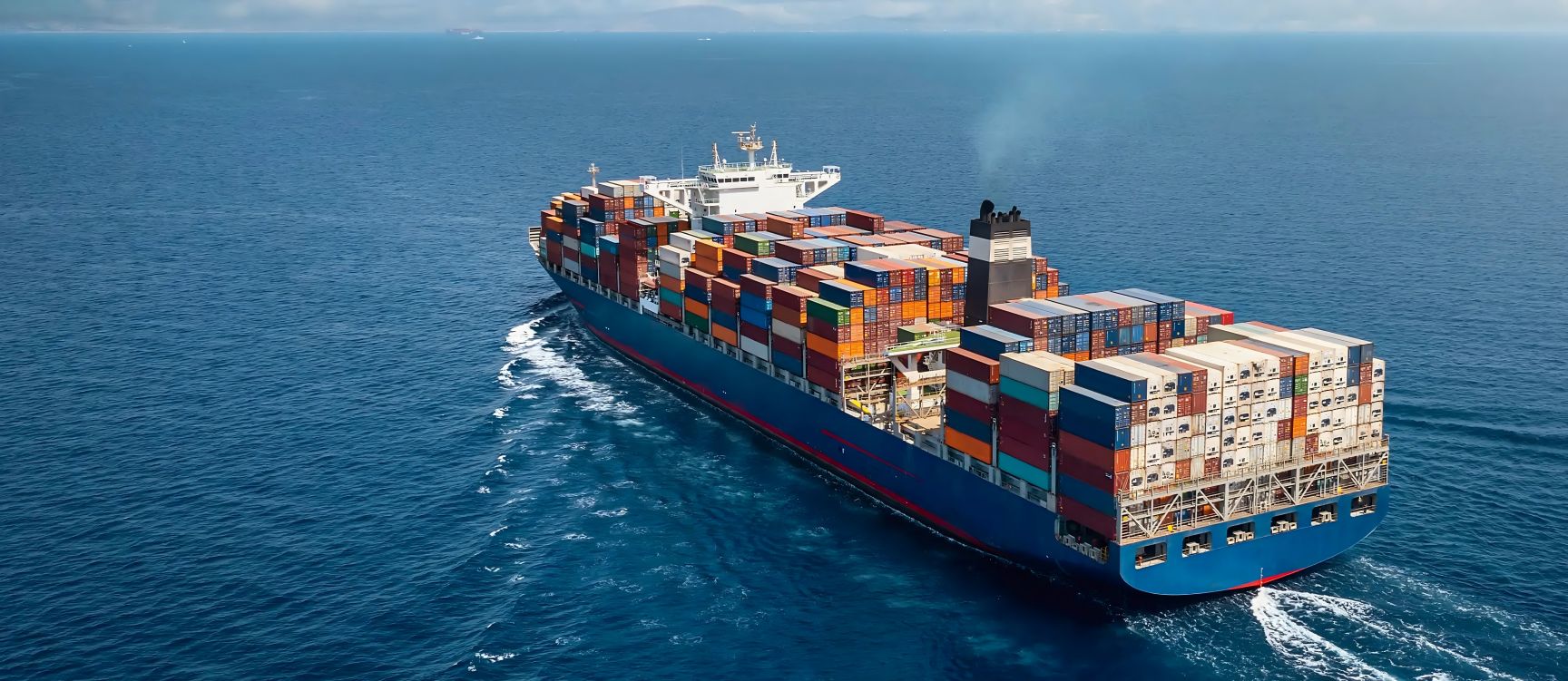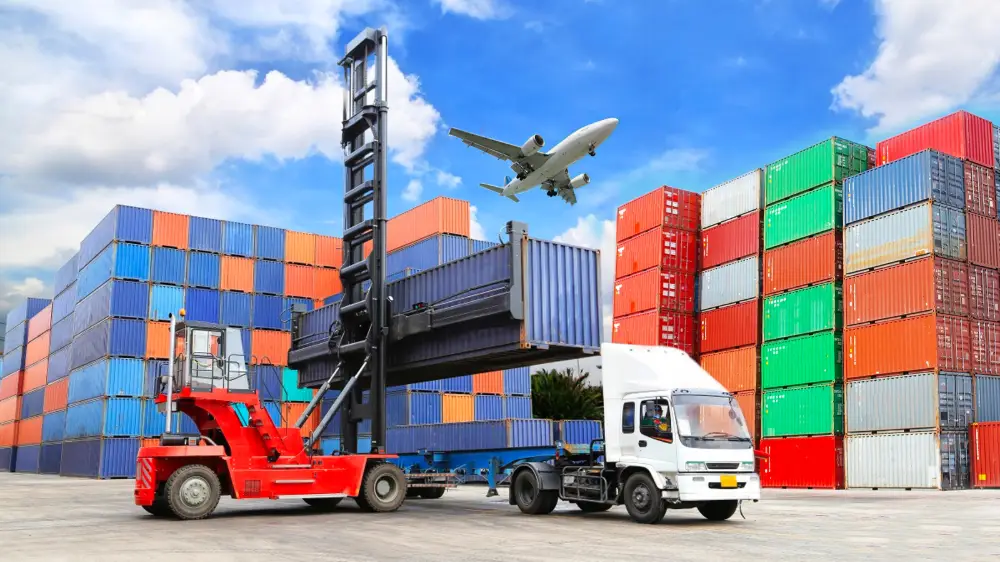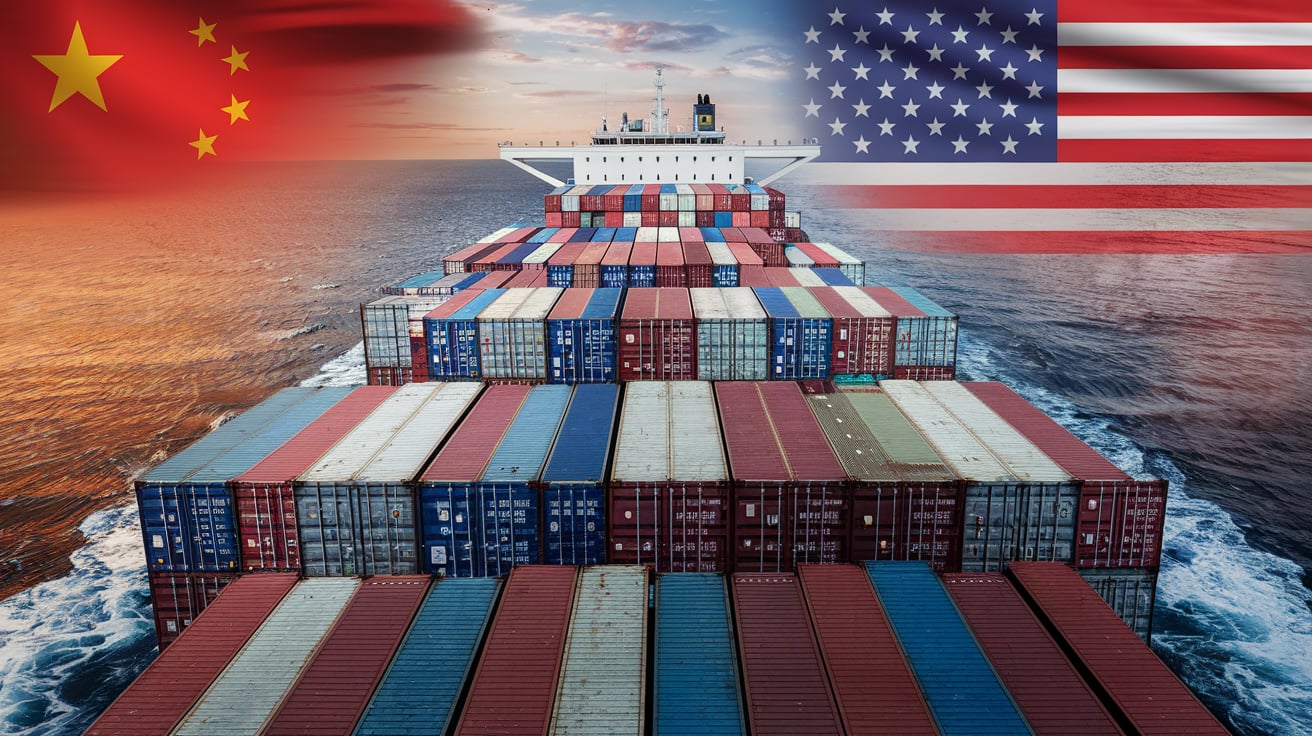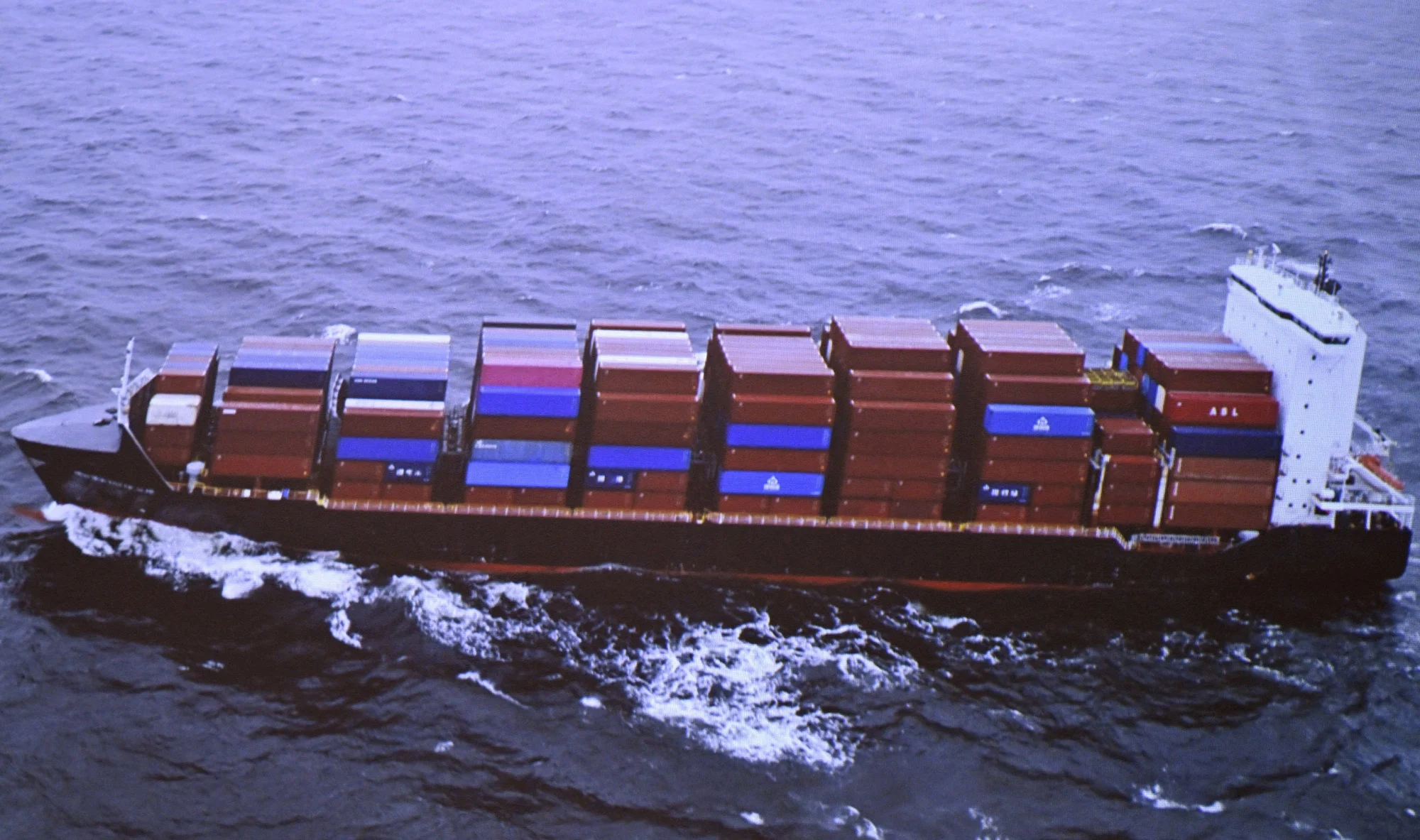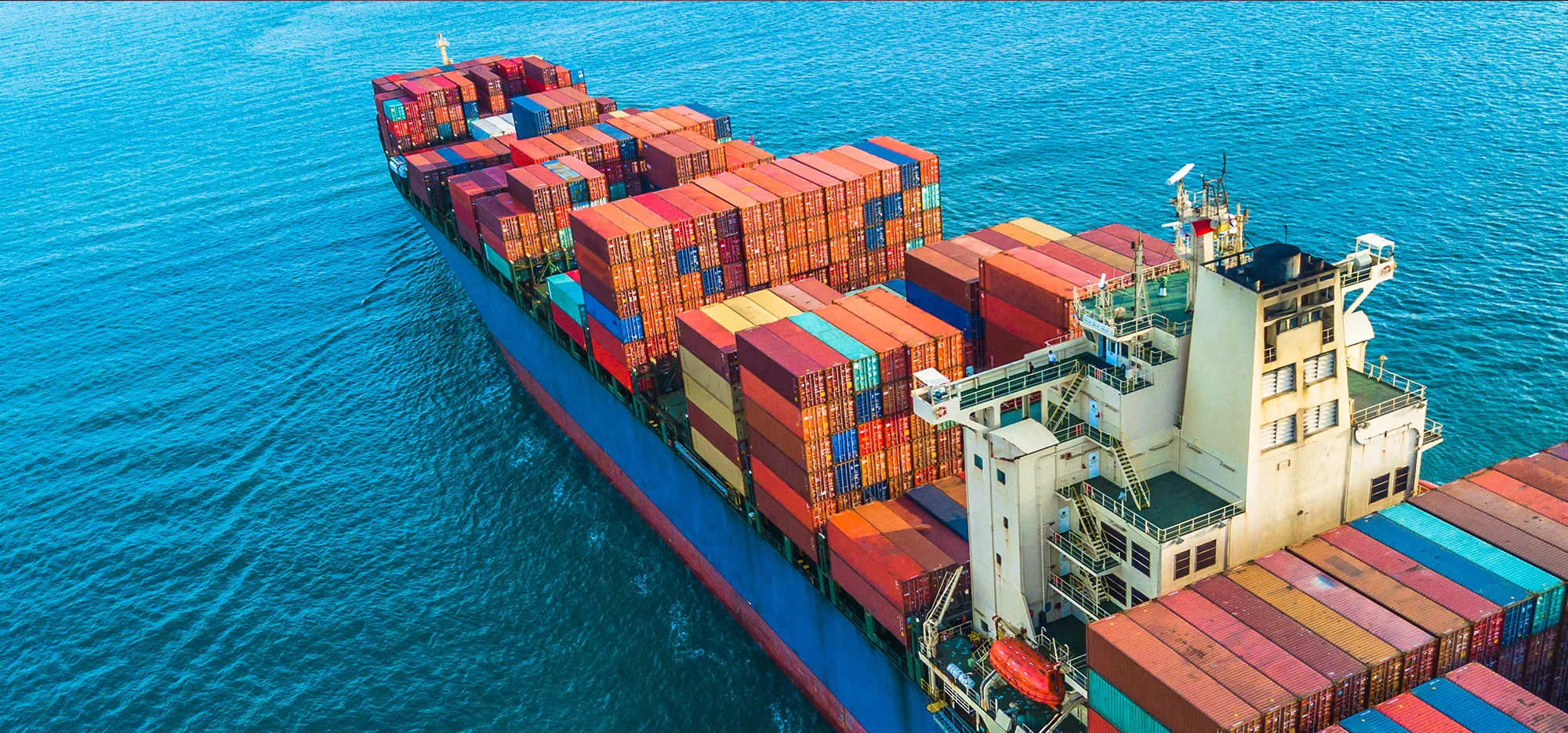In the dynamic world of global trade, Door to Door Shipping has become a vital logistics solution for businesses importing goods from China to New Zealand. This comprehensive shipping method simplifies the entire process, covering every aspect from the seller’s warehouse to the buyer’s location. As New Zealand continues to thrive as a market for imported goods, understanding the intricacies of this shipping approach is essential for businesses aiming to enhance their supply chain efficiency. This article explores the mechanisms, benefits, and critical considerations of Door to Door Shipping, providing valuable insights for those looking to navigate the complexities of international logistics successfully.
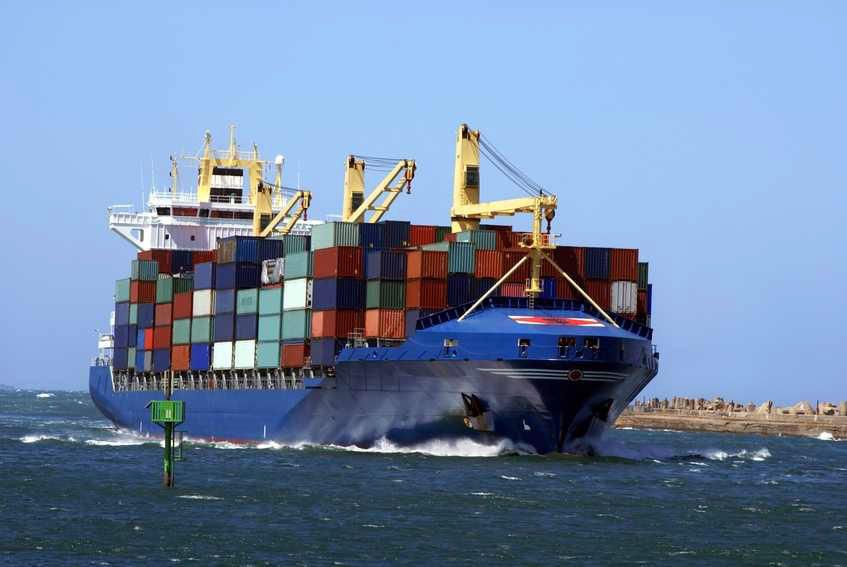
Understanding Door to Door Shipping Services
Door to Door Shipping refers to a logistics service where the transportation provider handles all aspects of the shipment from the seller’s address to the buyer’s designated address. This service is particularly advantageous for businesses looking to minimize the hassle and intricacies involved in international shipping. The logistics provider coordinates the entire shipping process, including transportation, customs clearance, and delivery, ensuring that goods arrive at their final destination efficiently and safely.
The process typically includes the following stages:
- Pickup: The logistics provider arranges for the collection of the goods from the seller’s location in China.
- Transportation: The goods are then transported via the chosen shipping method—be it air freight or sea freight—to New Zealand.
- Customs Clearance: Upon arrival, the logistics provider takes care of all customs paperwork and clearance processes, ensuring compliance with New Zealand’s import regulations.
- Final Delivery: Finally, the goods are delivered straight to the buyer’s specified address in New Zealand.
Key Features of Door to Door Shipping
Door to Door Shipping encompasses several key features that enhance its appeal and functionality for businesses engaged in international trade:
| Feature | Description |
|---|---|
| Comprehensive Service | This service includes the entire shipping process from pickup to final delivery, eliminating the need for multiple logistics providers. |
| Convenience | By handling everything from customs clearance to delivery, it saves time and reduces the complexity often associated with international shipping. |
| Cost-effectiveness | Consolidating various logistics services into a single package often results in lower costs compared to managing multiple providers. |
| Real-time Tracking | Many logistics providers offer tracking systems that allow businesses to monitor their shipments in real-time, providing transparency throughout the shipping process. |
| Customized Solutions | Services can be tailored based on the specific needs of the business, including handling special requests such as temperature control for sensitive goods. |
| Expert Guidance | Logistics providers often have deep knowledge of regulatory requirements and can navigate customs efficiently, reducing the risk of delays or penalties. |
By leveraging Door to Door Shipping, businesses importing goods from China to New Zealand can streamline their logistics processes, enhance operational efficiency, and ultimately boost their bottom line. Partnering with a reliable freight forwarder, such as Dantful International Logistics, ensures that every aspect of this process is managed professionally, supporting your business growth in the competitive global market.
Benefits of Choosing Door to Door Shipping from China to New Zealand
Convenience and Time Efficiency
One of the foremost advantages of Door to Door Shipping from China to New Zealand is the convenience it offers to businesses. The logistics provider manages every aspect of the shipping process, significantly reducing the workload for importers. By outsourcing logistics to a professional service such as Dantful International Logistics, businesses can focus on core operations rather than navigating the complexities of shipping and customs regulations.
Moreover, time efficiency is a critical factor. With streamlined processes, shipments can be delivered faster, which is essential in today’s fast-paced market environment. The logistics provider coordinates all elements, including warehousing, transportation, and customs clearance, ensuring that goods arrive at their destination without unnecessary delays. This is particularly beneficial for businesses that rely on just-in-time inventory systems, enabling them to maintain optimal stock levels and respond swiftly to market demands.
Cost-Effectiveness Compared to Other Shipping Methods
When evaluating shipping options, cost-effectiveness is a primary consideration. Door to Door Shipping can be more economical than other logistics solutions due to its integrated service model. By combining various logistical services into one package, businesses can often secure better rates than if they were to contract multiple providers separately.
Additionally, choosing a freight forwarder like Dantful International Logistics optimizes shipping costs through established relationships with shipping lines and airlines. This can result in reduced freight charges and improved shipping rates. Businesses also save on additional expenses related to managing multiple vendors, such as coordination costs, administrative overhead, and potential delays that could lead to financial losses.
The following table illustrates a cost comparison between different shipping methods:
| Shipping Method | Average Cost per Kg | Estimated Delivery Time | Best Use Case |
|---|---|---|---|
| Air Freight | $5 – $15 | 2-7 days | Urgent shipments, lightweight goods |
| Sea Freight | $1 – $3 | 20-45 days | Bulk shipments, larger and heavier goods |
| Door to Door Shipping | $2 – $10 | 5-15 days | All-in-one solution, convenient and efficient |
As shown, Door to Door Shipping presents a competitive pricing structure while offering the added benefits of convenience and integrated service.
Read More:
- Shipping From China to Australia
- Shipping From China to New Zealand
- Shipping From China to Papua New Guinea
- Shipping From China to Fiji
- Shipping From China to Solomon Islands
- Shipping From China to Vanuatu
Shipping Methods for Door to Door Delivery
When it comes to Door to Door Shipping, there are two primary methods to consider: Air Freight and Sea Freight. Each method has its own set of advantages and disadvantages, making it essential for businesses to evaluate their specific needs.
Air Freight Door to Door Shipping
Advantages of Air Freight for Door to Door Shipping
- Speed: Air freight is significantly faster than sea freight, making it ideal for urgent shipments. Typically, goods can arrive within 2 to 7 days, which is crucial for businesses with tight deadlines.
- Reliability: Air transport often has fewer delays compared to other methods due to a more consistent schedule and fewer logistical hurdles in customs clearance.
- Safety: Air freight usually offers a lower risk of damage or loss during transit, as packages are handled more carefully and transported in secure conditions.
Disadvantages of Air Freight for Door to Door Shipping
- Higher Costs: Air freight is generally more expensive than sea freight, especially for heavier or bulk shipments. Businesses must weigh the urgency of the shipment against budget constraints.
- Weight Limitations: There can be strict weight and size restrictions for air cargo, making it less suitable for large shipments.
- Limited Capacity: Air transport may have less space available compared to shipping containers on vessels, potentially leading to constraints during peak seasons.
Sea Freight Door to Door Shipping
Advantages of Sea Freight for Door to Door Shipping
- Cost-Effectiveness: Sea freight is often the more economical option for transporting large quantities of goods, particularly for bulk shipments. It provides better rates per kilogram, making it ideal for cost-sensitive businesses.
- Capacity: Shipping containers can accommodate large and heavy shipments without the strict limitations that air freight imposes, allowing for greater flexibility in delivery.
- Environmental Impact: Sea freight generally has a lower carbon footprint compared to air transport, making it a more sustainable choice for businesses concerned about environmental responsibility.
Disadvantages of Sea Freight for Door to Door Shipping
- Longer Transit Times: Sea freight can take significantly longer, with delivery times ranging from 20 to 45 days. This can be a drawback for businesses that require rapid turnaround times.
- Potential for Delays: Weather conditions and port congestion can lead to unexpected delays, affecting supply chain reliability.
- Complexity in Customs: Although logistics providers handle customs clearance, the process can be more cumbersome compared to air freight, adding to the overall shipping timeline.
By understanding the benefits and limitations of air and sea freight, businesses can make more informed decisions regarding their Door to Door Shipping needs. Partnering with a seasoned logistics provider like Dantful International Logistics equips businesses with the expertise needed to navigate these options effectively, ensuring a seamless shipping experience from China to New Zealand.
Shipping Procedures for Door to Door Service
Door to Door Shipping involves a systematic, step-by-step process designed to ensure that goods are transported efficiently and safely from one location to another. Understanding this process is essential for businesses looking to streamline their logistics operations. The following outlines the key steps involved in the Door to Door Shipping process:
Step-by-Step Process of Door to Door Shipping
- Initial Consultation:
- The shipping company engages with the client to understand their needs, including the type of goods, destination, and timeline.
- This consultation helps determine the best shipping method (air or sea freight) and service level required.
- Quotation and Agreement:
- A detailed quotation is provided, outlining the costs associated with the shipping services, including pickup, transportation, customs clearance, and delivery.
- Once the client agrees to the terms, a formal contract is established, ensuring both parties understand the obligations.
- Pickup Arrangement:
- The logistics provider schedules a pickup at the seller’s location in China, coordinating with local transport services if necessary.
- The shipping company ensures the goods are packaged correctly to minimize the risk of damage during transit.
- Transportation to Port:
- The goods are transported from the seller’s location to the designated port of departure. This may involve local trucking services.
- The logistics provider manages the loading of the goods onto the transportation vehicle.
- Customs Clearance in China:
- The logistics provider handles all necessary customs paperwork, including export documentation, ensuring compliance with Chinese regulations before the goods leave the country.
- Shipping:
- The goods are loaded onto a vessel or aircraft, depending on the chosen shipping method.
- The shipping company provides the client with tracking information for real-time monitoring of the shipment.
- Arrival and Customs Clearance in New Zealand:
- Upon arrival at the destination port, the logistics provider manages customs clearance, ensuring that all import duties and taxes are paid.
- The necessary documentation is submitted to New Zealand customs authorities to facilitate the clearance process.
- Final Delivery:
- Once cleared, the goods are transported to the specified delivery address in New Zealand.
- The logistics provider coordinates the final delivery, ensuring that the goods arrive safely and on time.
These well-defined steps within the Door to Door Shipping process ensure that businesses can trust in the efficiency and reliability of their logistics provider.
Customs Regulations and Requirements in New Zealand
When engaging in international trade, understanding the customs regulations and requirements is crucial for ensuring compliance and avoiding any delays in the shipping process. This section addresses the key aspects of customs regulations for imports into New Zealand.
Understanding Import Duties and Taxes
New Zealand’s customs regulations require importers to be aware of the various import duties and taxes that may apply to their shipments. These costs can significantly impact the total landed cost of goods. The most common charges include:
- Goods and Services Tax (GST): A 15% tax on most imported goods, calculated on the customs value plus any applicable duty.
- Customs Duty: This varies based on the type of goods being imported and is applied to the customs value of the shipment.
- Import Levies: Some products may be subject to additional levies, depending on the sector (e.g., biosecurity levies).
Importers should consult with their logistics provider to understand the specific duties and taxes applicable to their goods.
Necessary Documentation for Door to Door Shipping
Proper documentation is essential for customs clearance in New Zealand. The following documents are typically required for Door to Door Shipping:
- Commercial Invoice: This document outlines the details of the sale, including the value of the goods, description, quantity, and payment terms.
- Packing List: A detailed list of the contents of each package, which aids customs officials in the inspection process.
- Bill of Lading/Airway Bill: This document serves as proof of the contract between the shipper and the carrier, stating the terms of transport.
- Importer Security Filing (ISF): Required for certain shipments, this helps protect against smuggling and ensures compliance with national security regulations.
- Customs Declarations: Forms that outline the specifics of the imported goods and their compliance with New Zealand’s regulations.
Ensuring that all documents are accurate and complete can help facilitate a smooth customs clearance process.
Choosing the Right Shipping Company
Selecting the right shipping company is a crucial factor in the success of your Door to Door Shipping operations. Here we delve into the key factors that businesses should consider when choosing a logistics partner.
Factors to Consider When Selecting a Shipping Company
- Experience and Expertise:
- Look for a provider with extensive experience in international shipping and a deep understanding of customs regulations, particularly in dealing with shipments to New Zealand.
- Service Range:
- Assess whether the shipping company offers a comprehensive range of services, including customs clearance, warehousing, and insurance services. A one-stop solution can simplify logistics management.
- Reputation and Reviews:
- Research customer reviews and testimonials to gauge the provider’s reliability and service quality. Past performance is a good indicator of future reliability.
- Technology and Tracking Systems:
- A modern logistics provider should offer advanced tracking capabilities, allowing businesses to monitor their shipments in real-time and manage inventory effectively.
- Cost-Effectiveness:
- Evaluate the pricing structure and ensure it aligns with your budget. A transparent pricing model with no hidden fees is preferable.
- Customer Support:
- Consider the level of customer service provided. A responsive support team can assist with any issues that arise during the shipping process, enhancing overall satisfaction.
By taking these factors into account, businesses can make informed decisions when selecting a shipping partner that meets their logistics needs.
Choosing Dantful International Logistics as your freight forwarding service guarantees a highly professional and cost-effective approach to Door to Door Shipping. With a wealth of experience and a commitment to customer satisfaction, Dantful is well-equipped to support your import operations from China to New Zealand.
Dantful International Logistics Services:
- Dantful Ocean Freight Services
- Air Freight From China
- Amazon FBA Freight Forwarding
- WAREHOUSE Services
- One-Stop Customs Clearance Solution
- Cargo Insurance Services in China
- DDP Shipping Services By Dantful Logistics
- Out of Gauge Cargo Transportation Shipping Services

Young Chiu is a seasoned logistics expert with over 15 years of experience in international freight forwarding and supply chain management. As CEO of Dantful International Logistics, Young is dedicated to providing valuable insights and practical advice to businesses navigating the complexities of global shipping.











